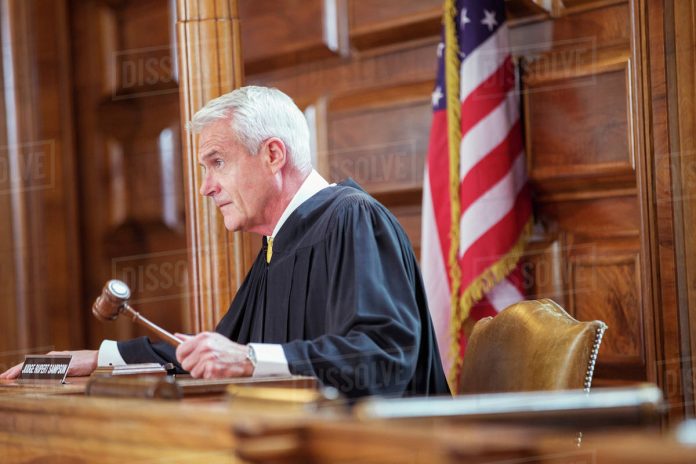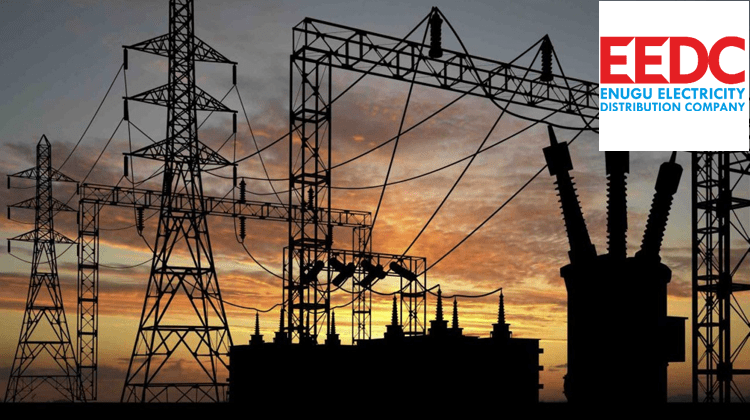A recent British Virgin Islands High Court ruling has granted Chinese investors Zhongshan Fucheng Industrial Investment Co. Ltd the authority to seize $25 million from Nigeria’s foreign assets. This decision stems from a failed trade zone agreement in Ogun State, which dates back to the early 2000s under former Governor Ibikunle Amosun.
The court’s ruling, delivered by Justice Paul Webster on November 8, dismissed Nigeria’s claim to sovereign immunity of its assets and ruled that, based on the bilateral investment treaty between China and Nigeria, Nigeria is not immune from arbitral awards being enforced on its assets.
“The phrase ‘both contracting parties shall commit to the enforcement of the award’ signifies Nigeria’s written consent to waive immunity in this context,” Justice Webster declared.
The judge ruled that under Section 13(3) of the State Immunity Act 1978, the British Virgin Islands must allow Zhongshan to enforce a judgment debt against Nigeria from the United Kingdom.
Zhongshan’s pursuit of legal redress began after alleging that former Governor Amosun abruptly terminated the trade zone agreement it had with Ogun State, and orchestrated their detention and torture by security agents.
The investors have secured rulings in various international courts, including the UK, France, Belgium, Canada, and the US, upholding Nigeria’s liability to settle the debt.
To recover the arbitration award, Zhongshan has targeted Nigeria’s USD-denominated crude oil earnings held in the US at JP Morgan. However, Nigeria has employed delay tactics in the American legal system to prevent the seizure of its assets. The matter has now gone to the US Supreme Court.
The Supreme Court has yet to decide whether to hear the case. In the meantime, the US Appeal Court has barred Chinese investors from withdrawing funds from Nigeria’s JP Morgan account.
Nigeria’s government has vowed to appeal the lower court ruling. Presidential spokesman Daniel Bwala gives Nigeria’s interpretation of the court ruling.
“This judgment will not be enforced immediately. The ruling serves as a warning, and until Nigeria has the opportunity to enter its defense, the judgment cannot be enforced. We still have the chance to appeal and vacate the ruling,” he asserted.
Mr. Bwala promised that “the Presidency remains committed to defending Nigeria’s interests. We will continue to examine all options and take the necessary steps to address these legal challenges, ensuring that Nigeria’s rights and assets are preserved.” he said.
Comment, Like 👍, share this article, and Follow us on our social media handles.







